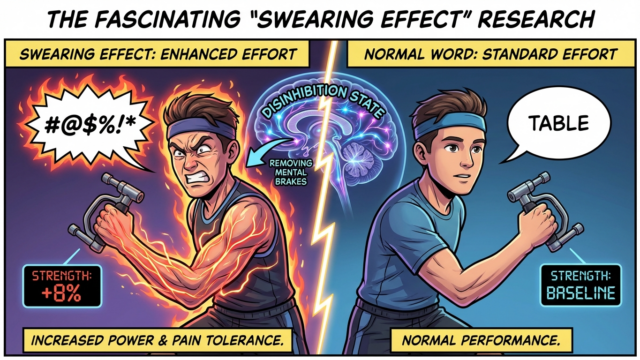Gen Z, Degrees, and the Job Market
In recent years, many people have started questioning the value of higher education. Reports from the U.S. and Europe show that some Gen Z students are becoming NEETs, meaning they are not in education, employment, or training. One reason is that many degrees do not lead directly to good jobs. Young graduates often struggle to find stable work, even after years of study.
Writers like Peter Hitchens argue that too many universities offer “worthless degrees.” He says students are encouraged to study subjects that have little value in the real world of work. As a result, they graduate with debt but without practical skills. Some companies also say that young workers lack discipline, teamwork, and communication skills, which are more important than just having a diploma.
On the other hand, education supporters warn that blaming degrees alone is unfair. The modern job market is very competitive, and companies often expect too much from young workers. They argue that universities should focus more on critical thinking and adaptability, not only on job training.
This debate raises big questions: What is the purpose of higher education? Should it be mainly for personal growth and knowledge, or for preparing students for jobs? For Gen Z, finding the balance between passion, skills, and career security is becoming more and more difficult. The future of education may depend on how societies answer this challenge.
<音読用音声>
<Important Words>
★ NEET : Not in Education, Employment, or Training
★ graduate : a person who finishes university or college
★ debt : money you must pay back after borrowing
★ diploma : an official paper showing you finished school
★ practical : useful and connected to real life
★ adaptability : the ability to change and adjust
<日本語訳>Z世代、学位、そして就職市場
近年、高等教育の価値に疑問を持つ人が増えています。欧米の報告によれば、Z世代の一部はNEET(教育も仕事も訓練も受けていない)になっています。その理由の一つは、多くの学位が直接よい仕事につながらないからです。若者は何年も勉強した後でも、安定した仕事を見つけにくいのです。
ピーター・ヒッチェンズのような評論家は、多くの大学が「役に立たない学位」を提供していると批判します。学生は現実社会であまり役に立たない分野を学ぶよう勧められ、結果として借金を抱えながら実用的なスキルを持たずに卒業してしまいます。企業側もまた、若者は規律やチームワーク、コミュニケーション能力に欠けると不満を述べています。
一方で教育を支持する人々は、学位だけを責めるのは不公平だと主張します。現代の就職市場は非常に競争が激しく、企業の期待も高すぎるからです。大学は職業訓練だけでなく、批判的思考や適応力を育てるべきだと彼らは言います。
この議論は大きな問いを投げかけます。高等教育の目的は何か? 自己成長と知識のためなのか、それとも仕事の準備のためなのか? Z世代にとって、情熱・スキル・安定したキャリアのバランスを見つけることはますます難しくなっています。教育の未来は、社会がこの問いにどう答えるかにかかっているのです。

【原田英語コラム】「役立たない学位」って本当?
大学進学=安定した人生。かつてはそんな考え方が一般的でした。しかし今では「学位の価値」が激しく議論されています。Z世代の若者は高額の学費と奨学金返済に苦しみ、得た学位が就職に結びつかないケースも少なくありません。
企業からは「若者は社会人としての基本ができていない」との声も上がります。一方で、若者の側からは「企業の要求が非現実的だ」という反論も。結局のところ、問題は「大学が何を提供し、企業が何を期待するのか」のズレにあるのかもしれません。
私たちが考えるべきなのは、学位そのものを否定するのではなく、「大学で学ぶ意味」を再定義することです。知識・思考力・社会性をどう育てるのか――それが未来の教育にとって最大のテーマとなるでしょう。







